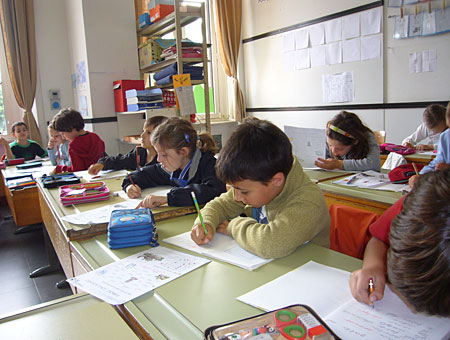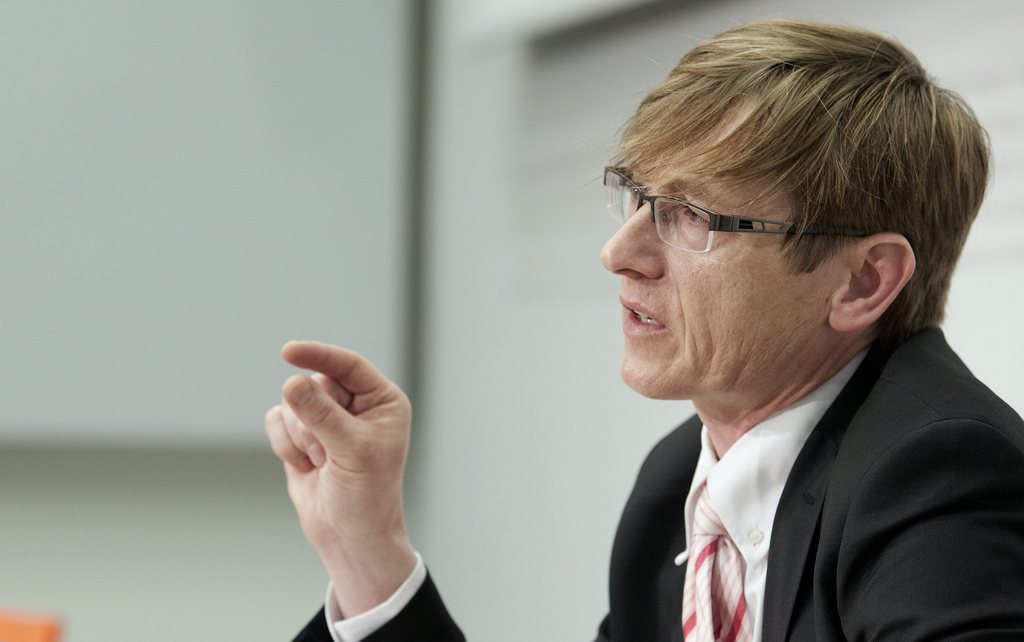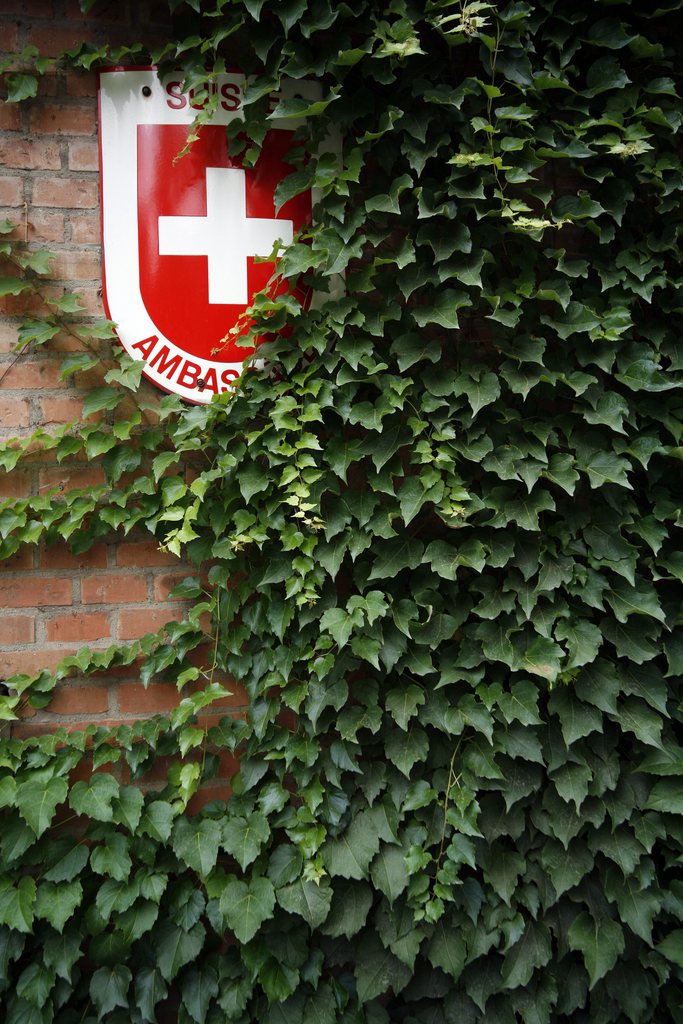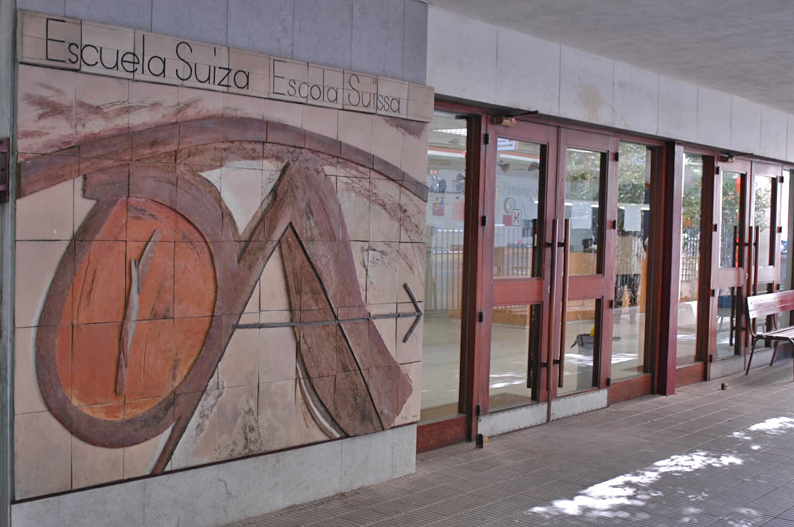Schools abroad set to gain more autonomy

Swiss schools abroad could be used to reinforce Switzerland’s presence in other countries if government plans proceed. A legislative project presented by the authorities in summer has received broad support from politicians and involved parties.
There are currently 18 private schools around the world that receive SFr20 million ($21.29 million) in subsidies. If the project is accepted by parliament, they will get less funding, but will be given more autonomy and will be able to seek money from other sources to finance their work.
The schools will also be considered an extension of Swiss foreign policy. The money saved thanks to the lower subsidies will go for example towards opening new schools in regions considered important for Swiss interests.
Future subsidies would be based on the number of students attending each establishment, but there would be no longer a minimum number of Swiss pupils per class to qualify for funding. There are currently 6,710 student registered in the schools abroad, with around a quarter of them Swiss citizens.
The schools and other institutions would also be able to propose vocational training schemes in collaboration with professional associations and Swiss companies in the country where they are operating.
The Organisation of the Swiss Abroad has hailed the idea of creating new schools where Swiss interests are important. In response to the government project, it pointed out that these institutions help substantially to maintain a positive image of Switzerland in the countries where they are based.
The OSA, which represents over 700,000 citizens worldwide, added that schools are an ideal platform to mark Switzerland’s presence abroad. It also considers the proposal to promote the Swiss vocational training system as a positive step.
The educationsuisse association, which represents Swiss schools abroad, shares much the same position as the OSA.
Political parties have also come out in support of the project, apart from the rightwing Swiss People’s Party, which rejects the idea of the schools playing a role in favour of Swiss foreign policy abroad.
Any funding, it says, should continue to go towards the education of young Swiss.
The centre-right Radicals and Christian Democrats are generally favourable to the proposal, although both parties although they believe that the schools should retain a minimum of “Swissness”.
For the Radicals for example, a certain number of Swiss teachers should be hired, either by setting quotas or by using that number to determine partially any subsidies paid out.
For both parties, the role the cantons play in backing the schools is also important. The cantons notably would have a say in where schools are set up and could provide additional financial backing.
The Christian Democrats would also like to see responsibility for the schools move from the interior ministry, which oversees education until the end of this year, to the foreign ministry, which would be more in line with a more coherent and global Swiss foreign policy.

In compliance with the JTI standards
More: SWI swissinfo.ch certified by the Journalism Trust Initiative



You can find an overview of ongoing debates with our journalists here. Please join us!
If you want to start a conversation about a topic raised in this article or want to report factual errors, email us at english@swissinfo.ch.